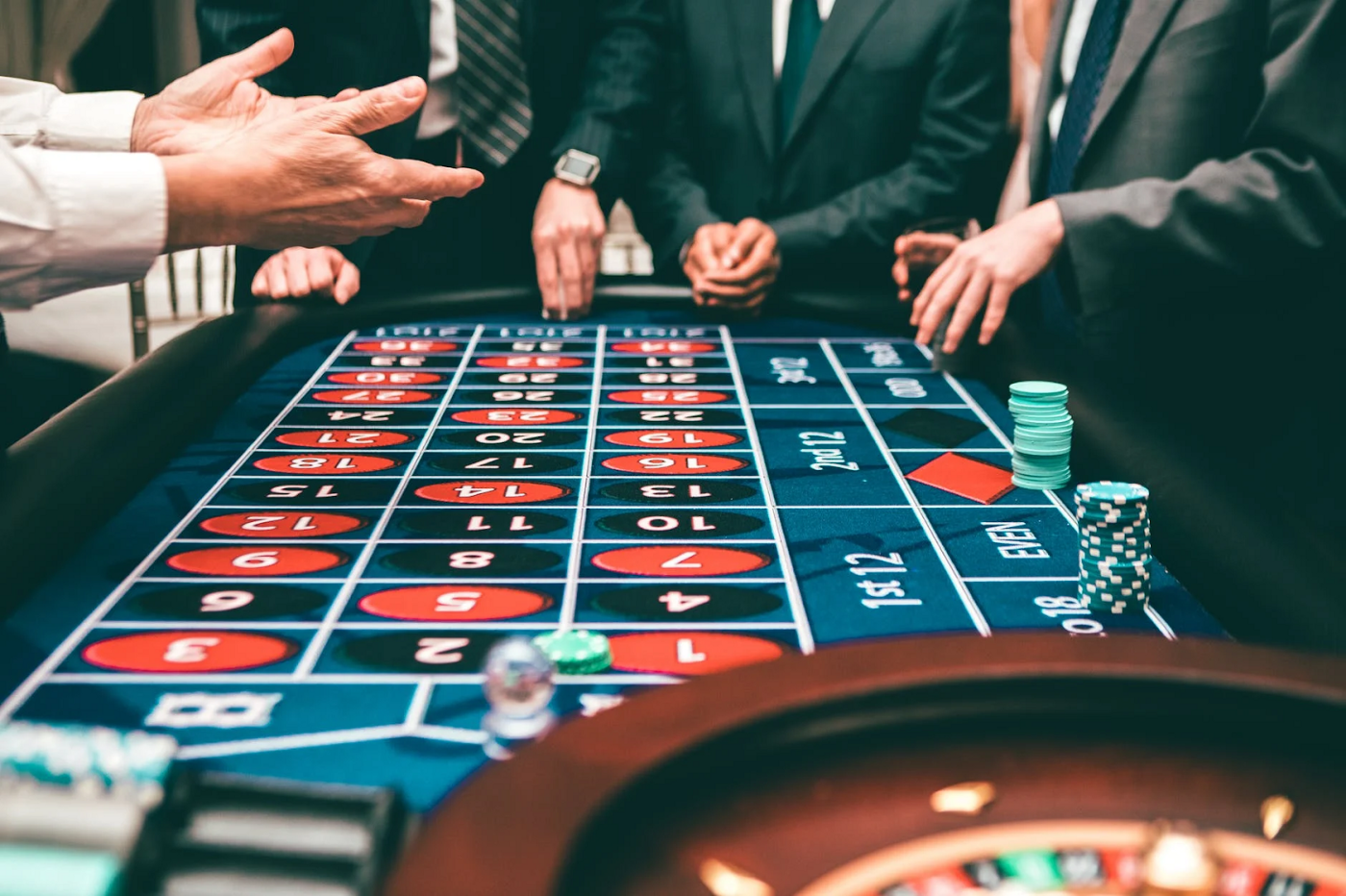Problem gambling can cause damage to your relationships, interfere with your responsibilities at work, and even lead you to financial ruin. Gambling addiction: What are the consequences? Compulsive gambling is a form of impulse-control disorder. Gamblers who are compulsive gamblers cannot control their urge to gamble. It is all they think about and all that they want to do. Experts believe that gambling addiction can change a person’s personality beyond recognition.
People believe that someone who gambles every day is a problem gambler. It doesn’t really matter if you gamble frequently or only occasionally. Gambling can be a problem if it causes you problems. Gambling addiction can be a problem, even if it is financially feasible. Gambling can cause irreparable damage to your relationships and friendships.
Gambling addiction is characterized by the following symptoms:
– You are a secretive gambler. You might be able to sweep the matter under the rug even longer than you are. Your family might think you’re a liar or secret gambler. You might also think you can surprise your family with a huge win.
– You have difficulty controlling your gambling. If you are already gambling, can you stop or walk away from it? Can you quit before you spend your last dollar?
Are you willing to give up your grub-stake? (even if it was used to pay your bills, credit cards or other things for your kids)
– Friends and family are worried about you.
Gamblers with gambling addiction often believe that there is no problem, and that they can quit at any time. They believe that it is not gambling that is the problem, but money squeeze. They want to be able to control their Malaysia Sports Betting and not have to stop. In many cases, they can’t even imagine their lives without it.
Gambling addiction therapy is a treatment that focuses on changing gambling behavior and thinking, including rationalizations and erroneous belief systems. You must first understand the importance of treatment and the need to end the problem.
Here are some tips to help you overcome your problem.
Do something different;
– Concentrate on another activity: Go shopping, swim, make a meal, paintball, or do something else.
You can wait for five, ten, or even an hour to see if your desire to gamble grows weaker.
– Visualize your future experience and how it will feel when all your money has been lost.
– Look for a support force (a close friend, or partner).

